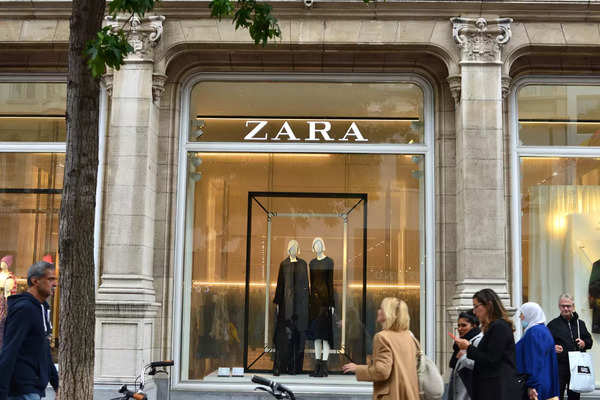
Impression on international attire manufacturers
The closure of garment factories in Bangladesh, a key hub for international attire manufacturing, will severely impression main manufacturers like H&M and Zara.H&M sources clothes from over 1,000 factories in Bangladesh, whereas Zara depends closely on manufacturing clusters throughout the nation.
H&M’s response
Amid the continuing political turmoil, H&M has acknowledged that it’s intently monitoring the state of affairs in Dhaka and won’t search reductions from suppliers for any delays brought on by the present circumstances. An organization spokesperson stated, “In accordance with the newest info, most factories are step by step reopening, and security stays our precedence. Now we have assured our suppliers that we’ll not request reductions because of delays beneath the present state of affairs. We proceed to evaluate the state of affairs each day.”

Broader trade impression
The Confederation of Indian Textile Trade (CITI) has warned that quite a few international manufacturers counting on Bangladeshi suppliers will face disruptions. Delays and decreased product availability may result in important impacts on stock ranges and gross sales within the international retail market. Inditex, the guardian firm of Zara and Bershka, has substantial manufacturing operations in Bangladesh, with 150 suppliers and 273 stitching factories, using practically 1,000,000 employees.
Financial significance
The ready-made garment trade is essential to Bangladesh’s economic system, accounting for about 83% of the nation’s whole earnings. In 2023, Bangladesh exported $38.4 billion value of clothes, rating third globally in attire exports after China and the European Union, in response to the World Commerce Group (WTO).
Sheikh Hasina Escapes To India After Resignation As Bangladesh Military Prepares For Takeover – Report
Political unrest and uncertainty
The political disaster in Bangladesh has created important uncertainty. Reviews of looting in Dhaka and different main cities have emerged, with photographs of protesters looting Prime Minister Sheikh Hasina’s official residence going viral on social media. The nation is at the moment in a transitional part, awaiting the formation of an interim authorities.
The shutdown of Bangladesh’s garment factories amid the political disaster poses a considerable problem for the worldwide attire trade. With main manufacturers closely reliant on Bangladeshi manufacturing, the disruptions may result in far-reaching penalties throughout the worldwide retail market. Because the state of affairs evolves, stakeholders proceed to observe developments intently, hoping for a decision that may restore stability and normalcy to this important trade.


